|
Whether you are self-employed, you earn a low-middle-high income, you're a student, stay-at-home parent, or have a 9-5 job paper clutter will impact your life. As we get through tax season it seems fitting that paper declutter tips be shared! You know what I get asked all of the time? "I have so much paper clutter - where do I start?" Paper clutter requires time and attention to detail. Sifting through hundreds of documents can take hours. Your first major paper decluttering process may take a while, but moving forward here are simple tips to keep you and your documents organized to avoid any future paper clutter buildups! #1 TRASH IT, SHRED IT, OR RECYCLE IT Acknowledge where you do most of your paper sorting (i.e. incoming mail). Based on wherever you sort through incoming mail I highly recommend keeping a small trash can or recycling bin near by. It will make disposing of your unneeded documents much easier and less likely for paper clutter to buildup. *TIP: Keeping your tax records is important to support the information you have provided to the Canada Revenue Agency (CRA). The CRA recommends keeping your tax records for at least six years. This six-year period starts at the end of the tax year to which the records relate. #2 DELEGATE IT Once you have decided what documents you are keeping you need to delegate it. Use delegation tools based on priority. You want to make a plan for each document so it is clear where or who it needs to go to. #3 ACT ON IT Documents such as unpaid bills, invitations, practice schedule/commitments, and coupons are among the papers that typically need to be visible to everyone in the household. This way everyone can react or respond to them. Designating command centres are great addition to any household. Try vertical file folders or wall pockets to create accessible storage! TIP: Don't assume that you don’t need to bother filing a tax return because you have no income. Some low- or zero-income earners still think there's no need to file a return. This misunderstanding can cost thousands of dollars in lost benefits and credits like the GST/HST credit and the Canada Child Tax Benefit. More and more benefits are being distributed through the tax system these days. So, if no return is filed, no benefits get sent. For some benefits, like the Guaranteed Income Supplement and the Working Income Tax Benefit, recipients need to apply every year. Provinces also offer sales tax credits and property tax credits for low income earners. But again — no tax return, no credit. #4 FILE IT Well-organized filing systems can take time to perfect. Each person will have a slightly different process that works better for them, but it is worth it in the end. "Short-term pain for long-term gain" is the mantra for filing for your documents. Important papers need a smart filing system - one that caters to you and your needs. Whether you organize your files in a classic cabinet, a few boxes, or a portable file binder it will improve your ability to access any document at any time. Make a list of all of the tabs and files you will need to start, You will most likely make more categories along the way. Stock up on manila folders, 4 different colour hanging folders, and plastic tabs if you don't have any. Start with financials. Sort through your documents related to income and expenses. Create tabs for banking, credit cards, investments, mortgage, employment, taxes, utilities, wills/estates, and more! Sort these documents in one colour, say green. Next, sort through insurance and vehicles. Create folders for everything related to insuring your home, cars, life, and health. Sort these documents in another colour, such as blue. Next, sort through the home related documents. Use this section to sort past and future home projects such as renovations, decorating, furniture purchases, landscaping, homeowner details, and more! Sort these documents in a red file hanger. Consider separating the "irreplaceable" documents together so that they are easy to access in case of an emergency. Lastly, sort through the personal documents. Create a section for each family member living in your household, including pets. Yes, we have a file dedicated to our dog that has all of her vet medical invoices. Categories can include education, medical records, sports or club registrations, receipts and more! TIP: "If someone has passed away - how long should I keep their income taxes?" The CRA doesn't make a distinction for the records of deceased taxpayers. These records should be kept by the executor of the person's estate, including receipts used to calculate deductions. Since returns are filed the following year, tax documents actually are kept up to seven years. BONUS: SHOULD I SHRED THIS? The main two reasons to shred any document is: You don't want to be taken advantage of financially and you don't want others to know something specific about you. SHRED IT:
DON'T SHRED IT:
TIP: Most personal income tax returns are due by April 30, which is the date any outstanding income tax is due. After April 30, penalties and interest start to apply to any outstanding balance owed. If you are self-employed or filing for someone who has passed away, please see the CRA 's website for filing deadlines. ARE YOU TAX SEASON READY?
1 Comment
|
Kelsey marionProfessional organizer's perspective on all things clutter, organizing, health, minimalism, and more! Archives
March 2024
Categories |
Photos from nodstrum, Peter Alfred Hess

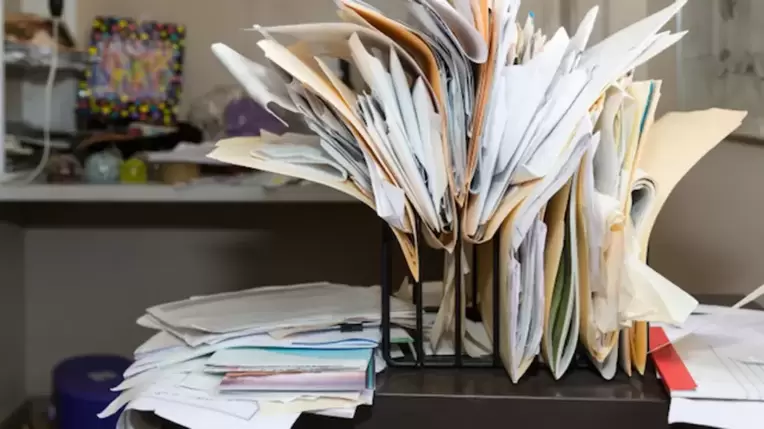
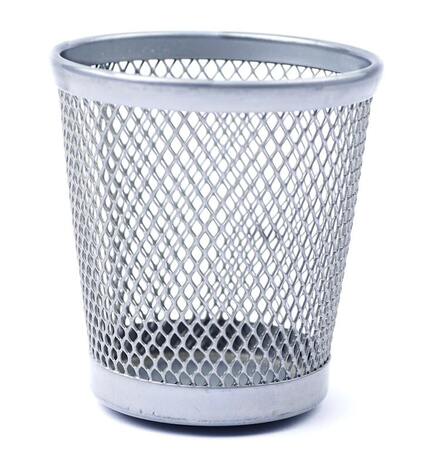
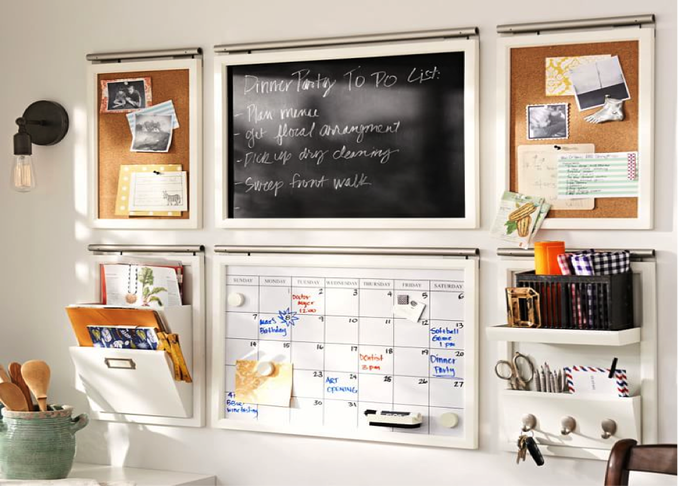
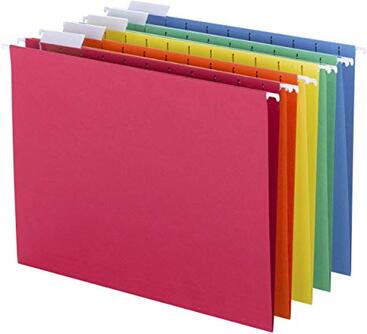
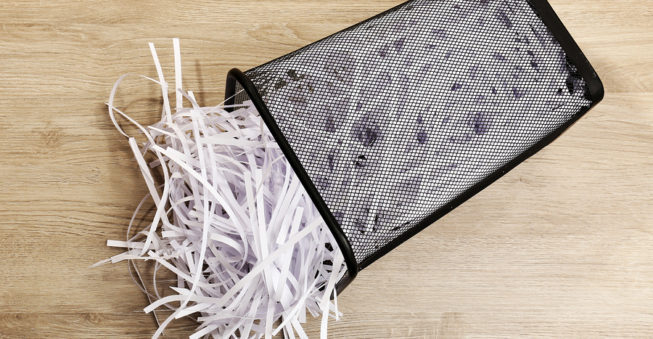

 RSS Feed
RSS Feed